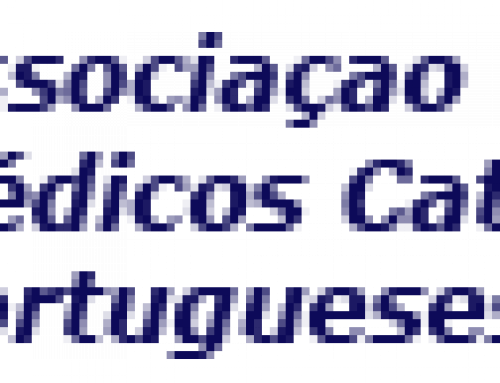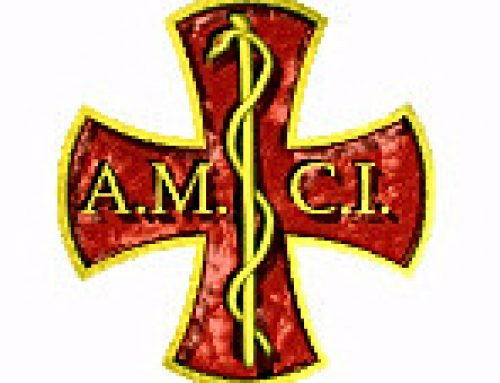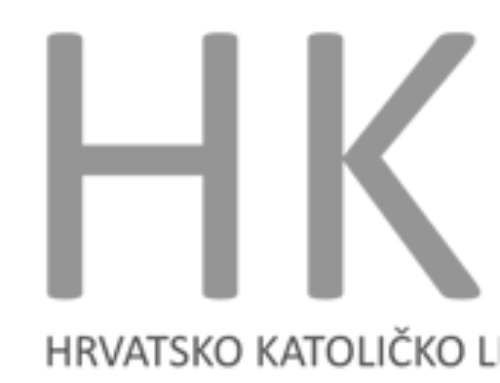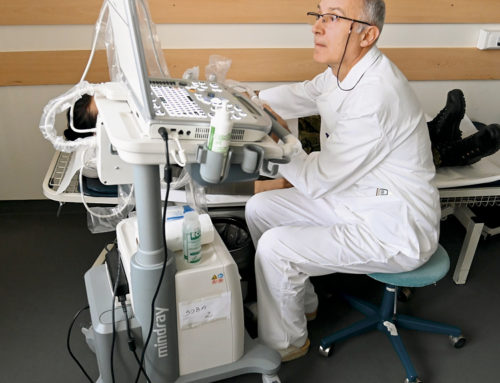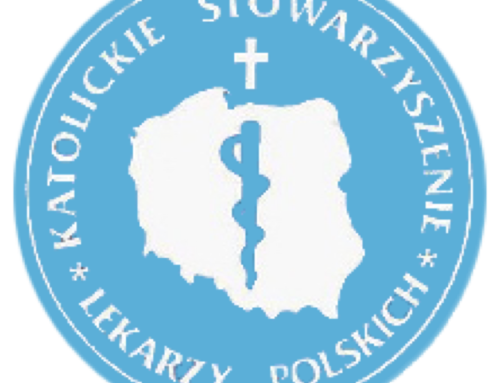The phenomenal advancements of modern medicine has undoubtedly led to the enhancement of many lives.
Pope Francis, however, has warned that the achievements of science and of medicine can only contribute to the improvement of human life “to the extent that they are not distanced from the ethical root of these disciplines”.
Recognising this, an organisation has been set up to support Catholic doctors in Ireland grappling with contentious moral and ethical issues in the workplace.
The Irish Catholic Doctors’ Learning Network (ICDLN) began to “take shape” about two years ago, according to the group’s president, Dr Keith Holmes, when a number of doctors, all of whom had spent some time working abroad where Catholics were in the minority, began to talk to each other about their experiences practising as a doctor in Ireland.
“When you work outside of Ireland you’re in a sense respected as a minority and allowed to have particular views or excused certain things. Whereas in Ireland, you’re part of the mainstream and not afforded that,” Dr Holmes, a leading child and adolescent psychiatrist, told The Irish Catholic.
The Limerick-born consultant, who is based at the Lucena Clinic in Rathgar, Dublin, run by the Hospitaller Order of St John of God Services, said there is “an awful lot of change happening” in the medical field at present.
Issues
Citing change at Government level, in the courts, in the Medical Council and in technology, not to mention issues regarding the beginning and end of life and healthcare budgeting, Dr Holmes insisted “these are issues everyone needs to talk about and inform their consciences on”.
“What we realised was that we didn’t really have a forum in which we could do that,” he said.
Noting that medicine is becoming “increasingly specialised”, Dr Holmes said doctors tend to only meet other doctors within their own specialty.
“You don’t tend to meet as many people outside of that so you don’t get the possibility of cross fertilisation of ideas, particularly for someone like me who works in a clinic without much contact with mainstream medicine and other doctors,” he said.
Given these factors, Dr Holmes said the organisation’s founding members “thought it would be helpful if we had an organisation where Catholic doctors can come together, network, talk to each other, inform each other, support each other and also become a sounding board between each other”.
Not wanting to be a “standalone organisation” in danger of “running rogue” on matters of doctrine, the ICDLN “sought permission” from the Irish Catholic Bishops Conference who were very “gracious, generous and helpful” in assisting the establishment of the group.
They have since been provided a chaplain, Fr Paul Francis Spencer, a Passionist with 10 years hospital chaplaincy experience who, according to Dr Holmes, has proved “enormously influential and helpful” to the organisation.
Although the group meets every two months, they are hosting their first public conference next month based on the theme ‘The Vocation of the Catholic Doctor’.
Conference
The conference will be held in the Emmaus Centre, Swords, Co. Dublin on Saturday, June 6 at a cost of €100 per person and Dr Holmes has made assurances of a “star-studded cast” of guest speakers.
Among those who will address attendees are former British Ambassador to the Holy See, Francis Campbell as well as Belfast doctor Michael Moran who will be familiar to readers of this newspaper for his work with the sick in Lourdes (IC 27/3/2014).
Despite the ICDLN’s summer conference providing an official launch pad for the group, Dr Holmes is adamant the organisation remains “very much an education and support network”.
“We’re not a campaigning organisation. We will not be taking public stances on anything.
“We are there as a forum where doctors can talk about the ethical basis of what we do and try and inform our own consciences as best as we can,” he said, adding that the group hope to “in some way feed back to the Church about which issues doctors are struggling with at the moment”.
Work of service
Speaking of his personal experience working as a Catholic in the field of medicine, Dr Holmes said his faith helps him to see his career “as a work of service”.
“I try to remember that we are all unique, and I try, with no great success, to discover that within each person I meet, and treat them accordingly.”
The other aspect, Dr Holmes said, is “trying to accept the vicissitudes we face with some equanimity, and even humour, at times, believing that, in ways we won’t understand, things do work out”.
Noting that in his own particular field (child and adolescent psychiatry), “critical ethical” matters are relatively rare, he acknowledges that doctors in other areas “grapple with a lot of issues”.
For psychiatrists in particular, Dr Holmes said, the Government’s controversial abortion legislation, the Protection of Life During Pregnancy Act 2013, is a “big issue” because “people don’t know how involved or otherwise to be. If expert panels are being created to make decisions, people don’t know whether to go forward for them or to stay away from them.
“It’s very unclear as yet how it is going to play out. Even though the law came into effect last year, the on-the-ground impact of the law hasn’t been really felt yet,” he said.
Aside from abortion, Dr Holmes cited other issues such as the right to conscientious objection, the ethical foundation of decision making and end of life care as being “very important” subjects for Catholic doctors.
He also referenced healthcare budgetary issues and resource allocations as being significant.
Noting that there is “no right or wrong answer” on budgetary issues, Dr Holmes said “it’s about how to inform your conscience”.
Dr Holmes provided the example of a patient who needs a certain treatment which, if they didn’t get it, could mean possibly treating a greater number of other people.
“On the one hand you are trying to create the greatest good for all and, at the same time, the dilemma is that you will always have the occasional case which will be hugely resource intensive and you are trying to balance those competing interests,” he said.
Minority
Dr Holmes also spoke out about how Catholic doctors feel “treated as a minority” in Ireland, although it is not “technically” the case.
“When we worked abroad we felt we were a minority. Nowadays, technically we are not a minority but I think people who espouse a Catholic viewpoint are in some ways almost treated as a minority.
“It’s not to say that we are victims in any way but we need to find ways of thinking and articulating our position on many different things and speaking to each other about that,” he said.
Dr Holmes puts what he refers to as “increasing slippage” of “previously held moral values” down to living in a society where there is “a far different level of how people inform themselves”.
He said Catholic doctors in Ireland were “concerned” that their values eventually would be wiped out or become unacceptable over time.
“We are concerned that it becomes death by a thousand cuts, hence the need to gather ourselves into some sort of organisation and see can we find ways of thinking our way through this.
“People are so busy that the last thing you want to do is take time out to talk about the ethical side of what you do. It’s not that it’s not important to people and it’s not that they take it for granted, but we should actually stop and tease out what exactly we are doing and if it is in keeping with what my state of beliefs are,” he said.
*To register for the ICDLN’s conference, email icdln@eircom.net or phone 0894419727.
– See more at: http://www.irishcatholic.ie/article/vocation-service#sthash.h0fd5dNH.dpuf
……………………………
https://www.facebook.com/pages/Irish-Catholic-Doctors-Association/141215772651025









